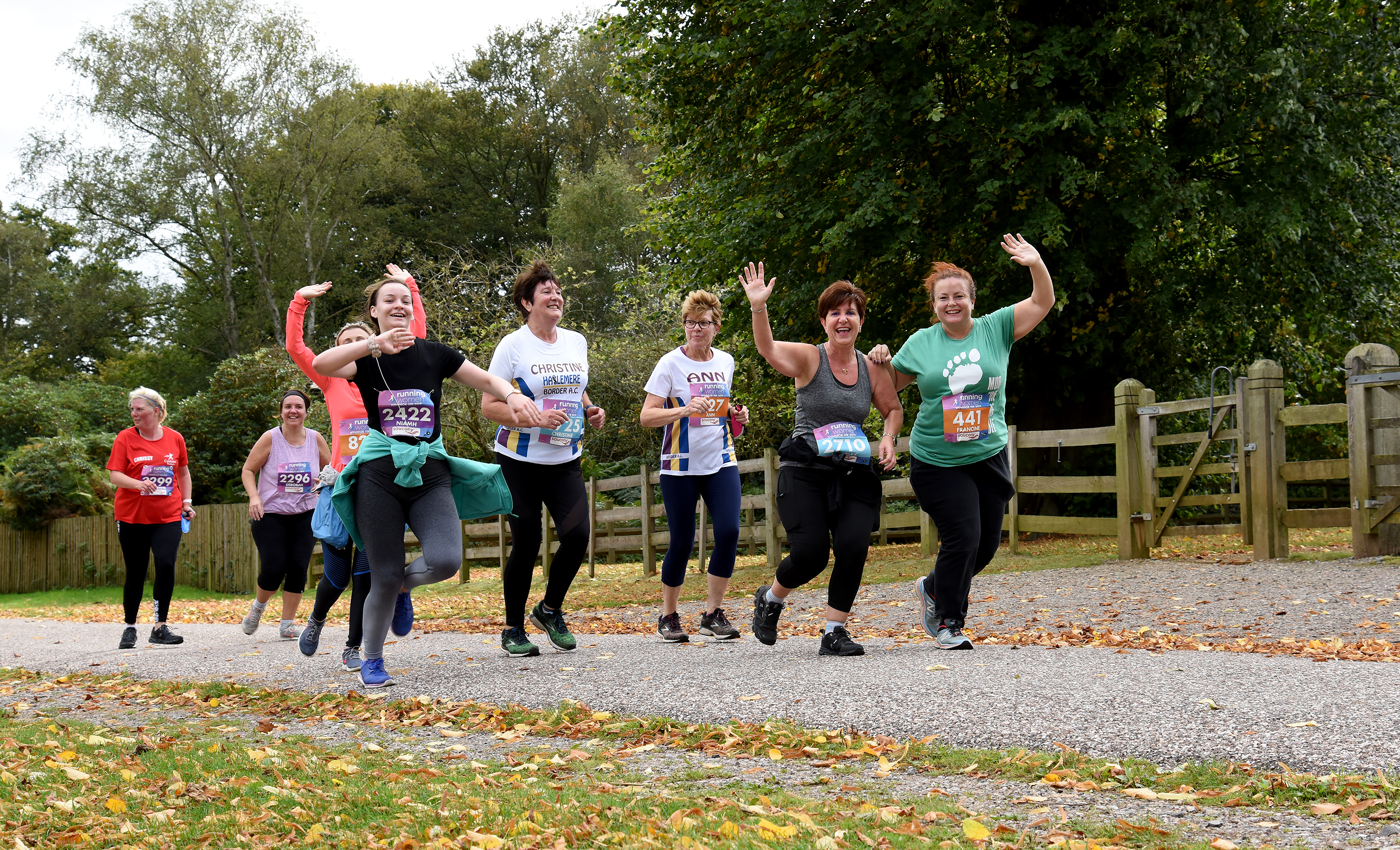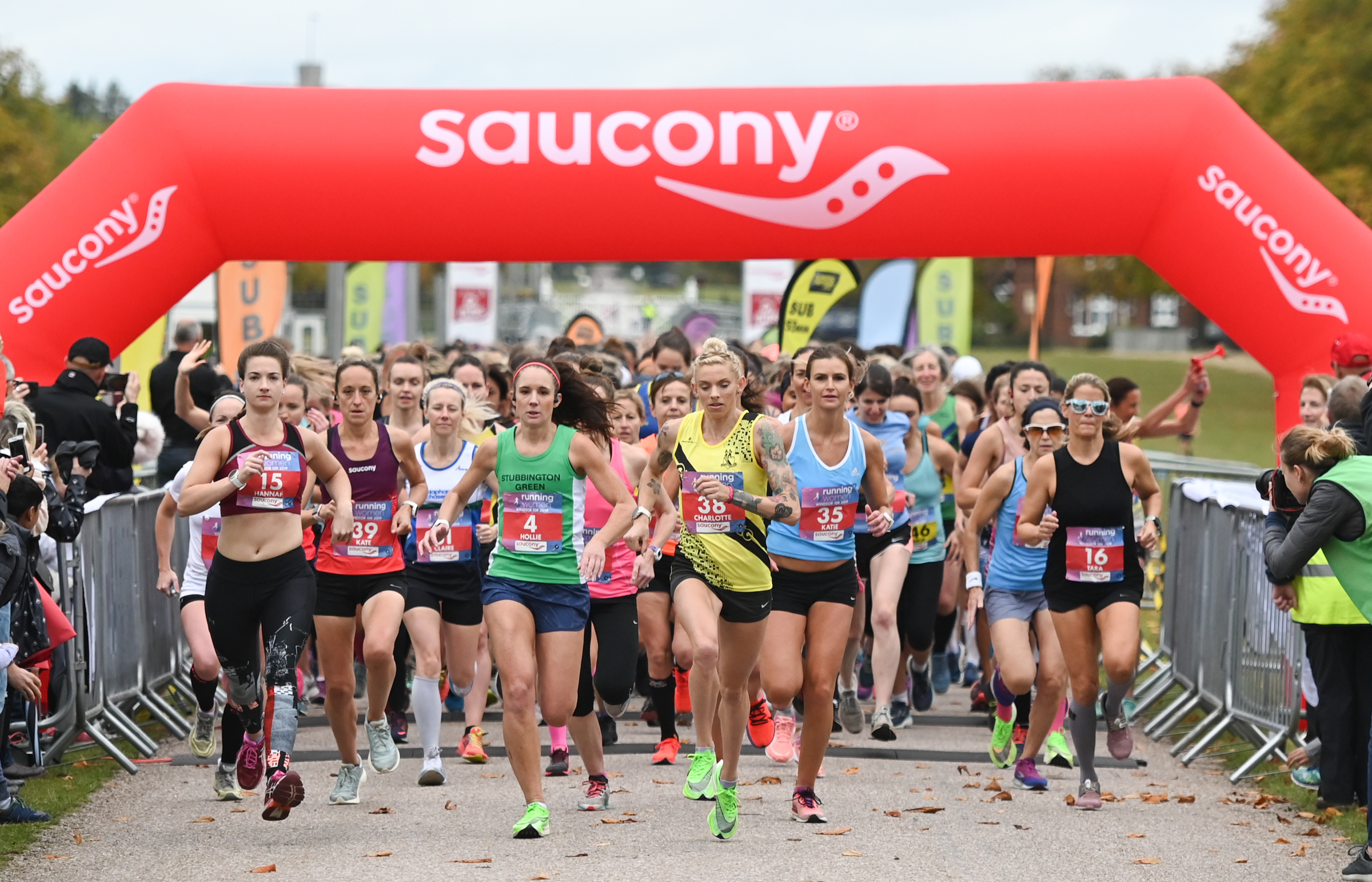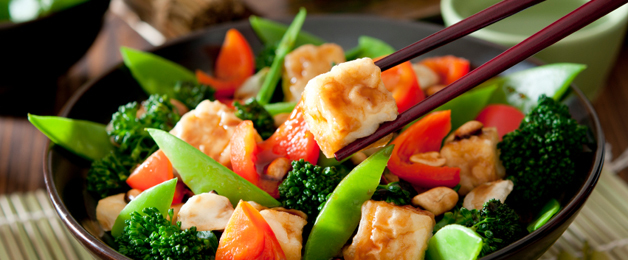Everyday Nutrition To Train For A 10K
Your body will work hard for you during a 10K training plan. Give it the support it needs.
What you eat – how much, when, and why – is a crucial part of your running lifestyle. But nutrition is not just about energy. In fact, your food choices will help your body recover, repair, and even balance important hormones.
Food is the foundation for every function in your body. And the more you ask of your body, the more important that becomes. What you eat and drink during your 10K training plan will have a massive impact on your energy, motivation, pace, recovery, and even your likelihood for injury.
But with so much healthy eating information out there, how do you know which advice to follow and what do discard as outdated fads?
Nutrition Basics For Endurance Running
Focus On Adding Health, Not Restricting
Think about what how much you can get out of your nutrition, rather than what you should cut back on, reduce, or avoid. As a runner, you need a lot of energy. So feed your body a wide range of nutrient dense foods. By adopting the strategy of adding in healthy foods, you will naturally crowd out the less healthy stuff anyway!
Healthy Habits, Not A Diet
A healthy runner’s nutrition plan shouldn’t look like a weight loss diet. Instead, it should be solid, sensible healthy eating founded on a series of positive food habits. Identify the food habits and behaviours which are not doing you any favours (skipping meals, overeating, under eating, staying up too late snacking). Then look to replace them with healthier habits that will nourish your body.
The Truth About Sugar
All sugar (from white table sugar to honey, fruit juice, and dried fruit) is a pure form of carbohydrate. And runners need carbohydrates – it’s the body’s preferred form of energy. You don’t need to go sugar-free – in fact, that could be detrimental to your running energy. But the devil is in the dose. So get smart about how much sugar you are eating, and where it’s lurking in your diet. Look to reduce the amount you eat every day, and then refocus your intake to before and after hard running sessions. That’s when your body needs the concentrated energy source most.
Eat To Recover
Get into the habit of eating a portion of protein at every meal and snack – even breakfast. What’s a portion? Around 25g-30g protein (that’s grams of the macronutrient, not weight of the food source).
Examples of 25-30g protein:
1 scoop (25-30g) protein powder
3-4 eggs or egg whites
80-100g minced beef
100-120g tinned tuna
100g chicken or turkey
250g Greek yoghurt
Carbohydrates are also important for recovery and energy, so don’t skimp on carbs. Just get them from healthy sources when you can. This isn’t because bread, pasta, etc are bad for you. It’s just that more natural sources (like oats, rice, wholegrains, potatoes, root vegetables, fruit) deliver a host of vitamins and minerals at the same time.
When Should You Eat?
There’s no truth in the popular notion that eating lots of mini meals boosts your metabolism. The best approach to meal frequency is the one that suits your lifestyle. Factor in a few fundamentals. Runners need to eat a serving of protein every 3-5 hours (apart from when you’re asleep!) Eating breakfast is usually a good idea, because it will help you think and focus. Eating too late at night won’t make you gain weight, but might affect your sleep as your body tries to digest a large meal.
All of that leads us to think that eating 3-5 times a day is optimal for runners. This usually looks like: breakfast, lunch, evening meal, plus a couple of snacks during the day or before bed.
Enter the Windsor Women’s 10k Saturday 28th September 2024 today click here for more information
Similar Posts:
- Everyday Nutrition To Train For A 10K
- Meal Tips & Nutrition Advice For Faster Running Time
- 5 Golden Nutrition and Hydration Rules
- Create Your Best Ever January Diet – That’s Not A Diet!
- What Should You Eat Before & After Running?
- 10 Nutrition Rules To Live By



